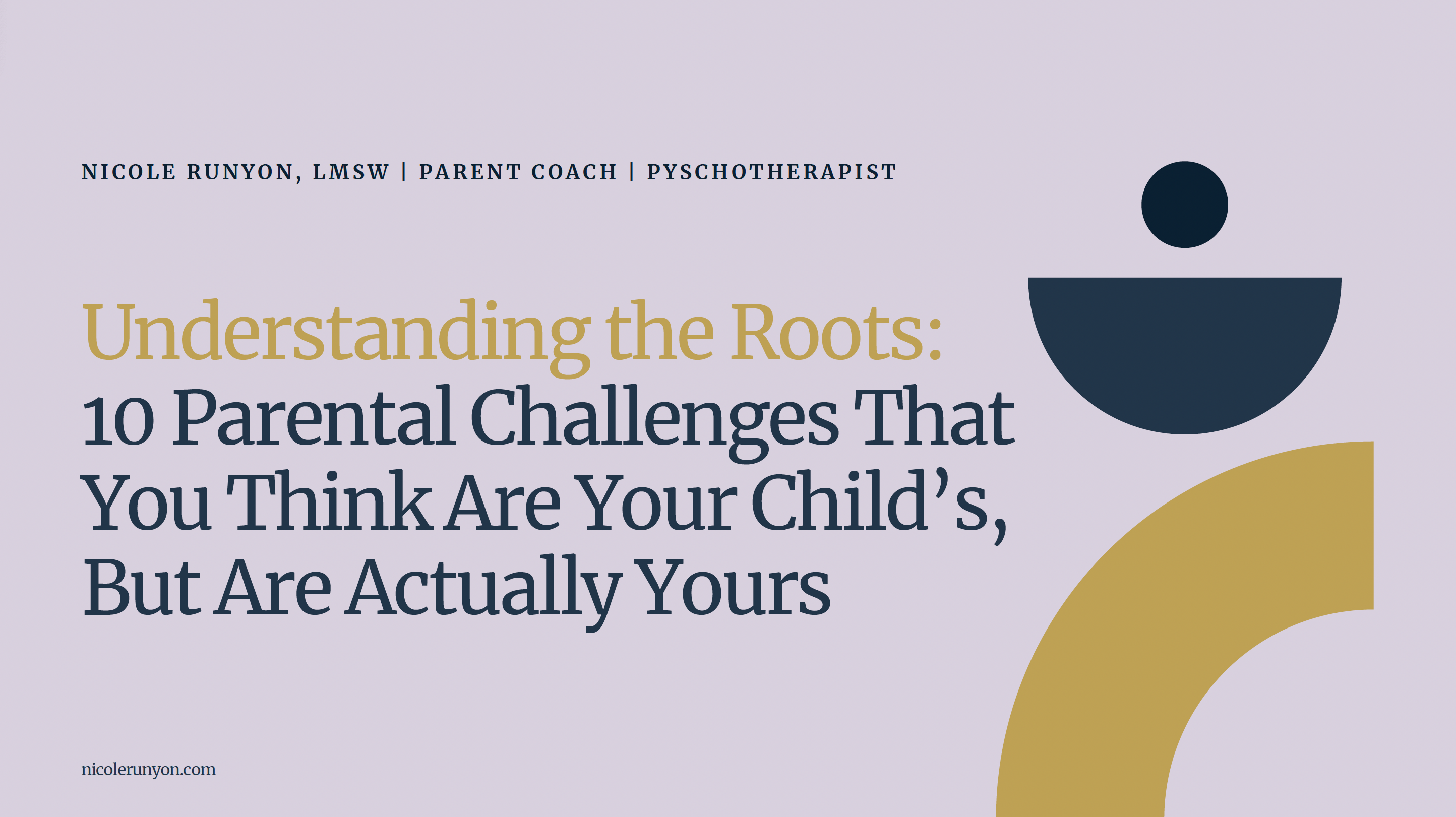I was recently attending a school event for my son, mingling with fellow parents, and discussing their mounting anxiety about their children’s higher education. As our conversation unfolded, it became clear that these parents were overwhelmed by the responsibilities that come with the transition from high school to college. The list of concerns and tasks they shared was extensive, reflecting the heightened stress and anxiety that many parents face in the current educational landscape.
For these parents, their worries ranged from the constant concern over high school grades, particularly the pivotal junior year, to the pressure of SAT prep courses and the endless cycle of test retakes. Some shared stories of pursuing diagnoses for test accommodations, tirelessly building their children’s resumes with extracurricular activities, and embarking on college tours, applications, and the rollercoaster ride of acceptance and rejection.
The anxiety doesn’t end with acceptance. Parents find themselves navigating college decision day, helping their children find roommates, and even assisting in designing dorm rooms. Social issues with roommates and requests for therapist letters for accommodations like single rooms and air conditioners further compound the stress. These concerns seem endless, and the burden on parents can become overwhelming.
In many cases, the question that arises is, “Why are parents shouldering so much of this responsibility, and why are they the ones feeling anxious?”
The transition to college is a significant milestone for any young adult, and parents undoubtedly play a vital role in supporting their children through this process. However, it’s crucial to consider whether the level of involvement exhibited by some parents is hindering their children’s growth into independent, capable individuals.
Parents often argue that they are actively involved because their children wouldn’t meet deadlines or succeed in getting into college without their assistance. While this may be true in some cases, it raises a concerning issue: if young adults require this level of support to enter college, it may indicate that they are not fully prepared for the challenges and responsibilities that come with higher education.
The transition from high school to college should be an opportunity for young adults to demonstrate their independence, decision-making abilities, and problem-solving skills. If parents are too heavily involved in the process, it robs young adults of the chance to develop these crucial life skills.
This over-involvement can persist even after students enter college. Parents report that their children cannot make it through the day without calling them for advice or help multiple times. These young adults find themselves ill-equipped to handle the challenges of college life independently, which leads to increased stress and anxiety.
It’s no wonder that college campuses are reporting epidemic levels of mental health issues among students, leading to a growing demand for wellness programs and increased therapist staffing. However, these measures alone cannot fully address the problem. True independence and autonomy are crucial for the psychological well-being of young adults.
The roots of independence and autonomy should be nurtured from an early age. Children should be encouraged to tie their shoes, zip up their coats, dress themselves, and perform simple tasks independently. These activities foster confidence and agency in the outside world, helping with social and emotional development as they interact with their peers.
While it’s never too late to encourage independence, young adults can also learn these skills through discomfort. They must be allowed to experience the challenges of doing hard things and tolerating discomfort to develop the resilience needed for the rigors of college life.
In conclusion, the increasing stress and anxiety experienced by parents over their children’s higher education are symptomatic of a broader issue. While parents undoubtedly play a vital role in supporting their children’s educational journey, they must strike a balance between involvement and fostering independence. By allowing young adults to take charge of their own futures and make their own decisions, parents can help prepare them for the challenges of college and beyond, ultimately leading to a healthier transition to adulthood.

